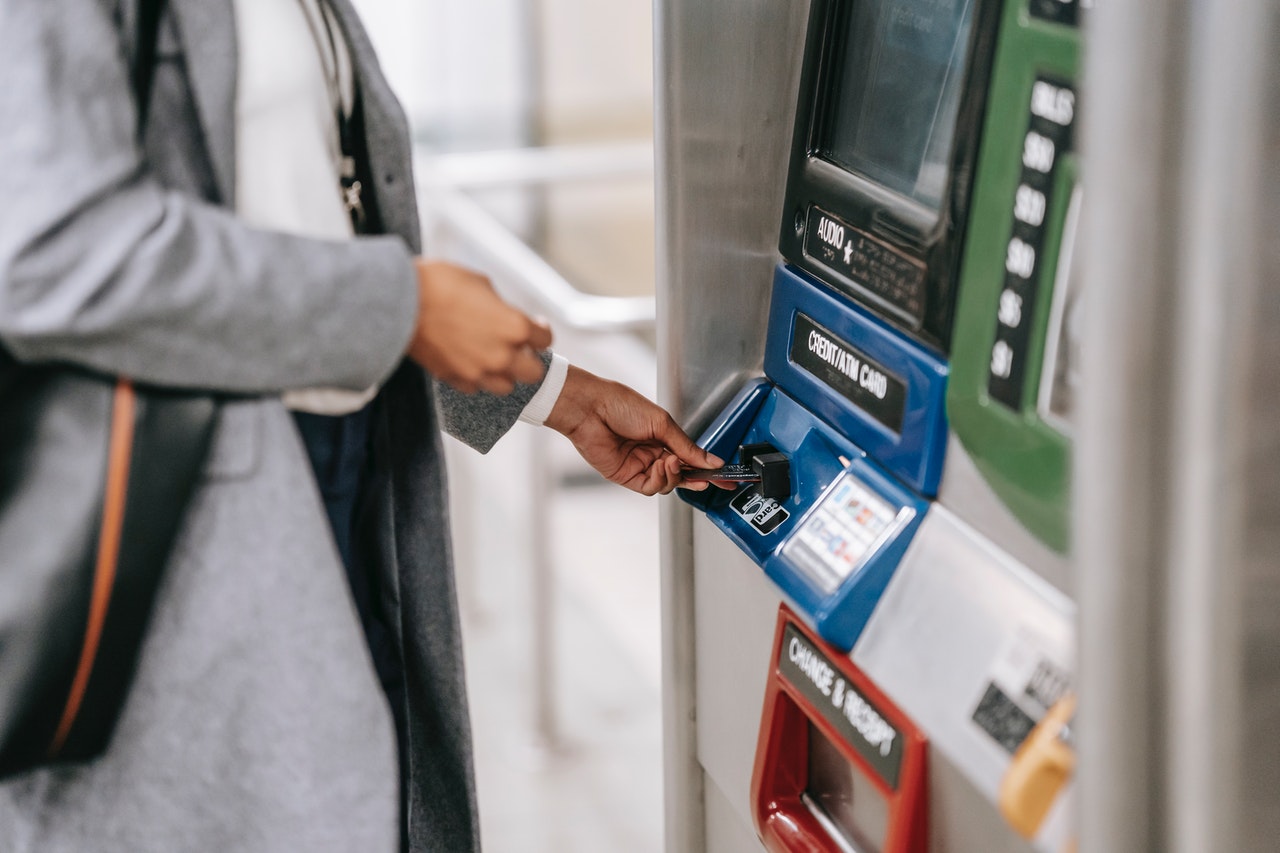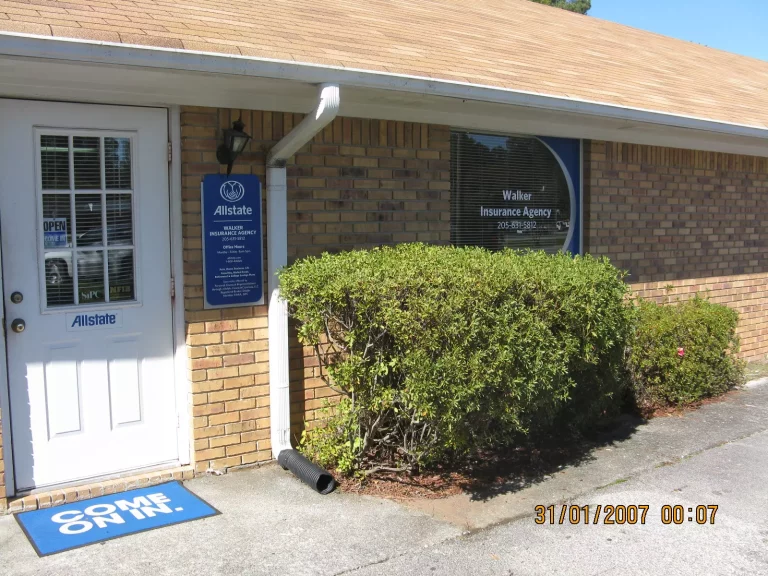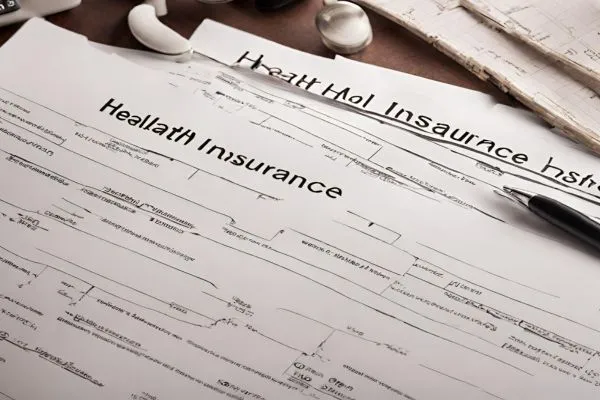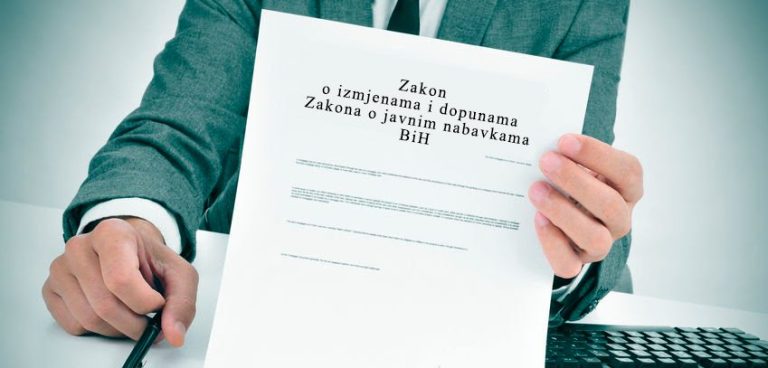How Long Can a Bank Hold a Check By Law
When you deposit a check into your bank account, you expect the funds to become available quickly. However, banks do not have to make all deposited checks available immediately. Federal and state laws allow banks to place holds on checks for various reasons and for specified periods of time. Here is an overview of the laws and regulations that determine how long banks can hold checks.
Expedited Funds Availability Act
The primary federal law governing check holds is the Expedited Funds Availability Act (EFAA). Passed in 1987, it defines how quickly banks must make funds available from deposited checks.
Under the EFAA, banks must make the first $225 of a check available by the next business day after the banking day it was deposited. This applies to checks drawn on a bank in the same Federal Reserve processing center. Checks drawn on other processing centers or foreign banks may take longer.
For the remaining balance beyond the first $225, the law allows banks to impose longer holds. For a local check, banks can impose a 2-business day hold, while a non-local check can be held for 5 business days.

Exceptions That Allow Longer Holds
While the EFAA defines standard maximum hold periods, banks can impose exceptions and extend holds on certain checks. Some common extended hold situations include:
- Large deposits – Deposits over $5,525 can be held for 7 business days. Large deposits over $11,050 can be held for 10 business days.
- Redeposited checks – Checks that were returned unpaid and are redeposited can be held for 7-10 business days.
- New accounts – Banks can impose 10-business day holds on checks deposited into new accounts open for less than 30 days.
- Repeated overdrafts – Account holders who incur frequent overdrafts can have holds extended to 10-20 days.
- Reasonable cause – A bank can impose an extended hold for a “reasonable cause” such as suspected fraud or issues collecting the funds. These are evaluated case-by-case.
State Check Hold Laws
While the EFAA sets baseline nationwide rules, some states have passed laws that provide consumers even greater protections:
- Faster availability – Many states require local checks to be available within 1 business day, faster than the EFAA standard.
- Disclosure – If extending a hold, banks must provide a written notice explaining the reason and length of the hold.
- Notifications – Banks may be required to notify consumers when opening accounts if holds will be placed on deposited checks.
- Exceptions – Some states limit banks’ ability to extend holds due to repeated overdrafts or suspected fraud without proof.
Consumers should research their state’s specific check hold regulations for additional rights. State laws can only provide more protections; they cannot override the minimum standards set by federal law.
Holds on Specific Check Types
Beyond the EFAA and state laws, the type of check being deposited can impact potential hold periods. Common check types have the following standard hold periods:
- Cashier’s check – Funds usually available next business day. Banks can still place holds if issues such as fraud arise.
- Teller’s check – Treated as a cashier’s check, with next day availability in most cases.
- Certified check – Holds depend on the bank’s assessment of risk. Availability may range from 1-5 days.
- Government check – Availability within 5 business days, though state and federal rules may require faster access for certain government checks like Social Security.
- Payroll check – Direct payroll checks are made available within 2 business days. Payroll checks from institutions other than your employer can be held for 5 days.
- Personal check – Considered the highest risk, so can be held the maximum time allowed by law (2 days for local, 5 days for non-local checks).
When a Bank Can Hold a Check Longer
While federal law defines standard hold periods, banks can impose exceptions when deemed necessary. Some common situations where a bank may extend a hold include:
- The bank believes the check will not be paid due to insufficient funds or other issues.
- There are concerns about fraud, such as an altered or forged check.
- The account has a history of overdrafts and unpaid balances.
- The check is deposited into a new account opened for less than 30 days.
- The amount of the check(s) deposited on a given day exceeds $5,525.
- There are emergency conditions such as natural disasters, communications outages, or other circumstances beyond the bank’s control.
In these high-risk scenarios, banks can place holds for the maximum time allowed by law to ensure the check clears and is not returned unpaid.

Notifying Customers About Check Holds
Banks are required to notify consumers about their check hold policies when opening an account. This initial notice must include the bank’s standard hold timeframes for local, non-local, and new account checks.
Banks must also provide a written notice each time a hold extended beyond the standard times is actually placed on a check. This notice should specify the amount on hold and the number of days the funds will be unavailable.
Understanding the typical practices at your bank makes it less frustrating when deposited checks are unexpectedly placed on hold. Be aware of the laws protecting consumers as well as the circumstances that can lead banks to delay check availability.






